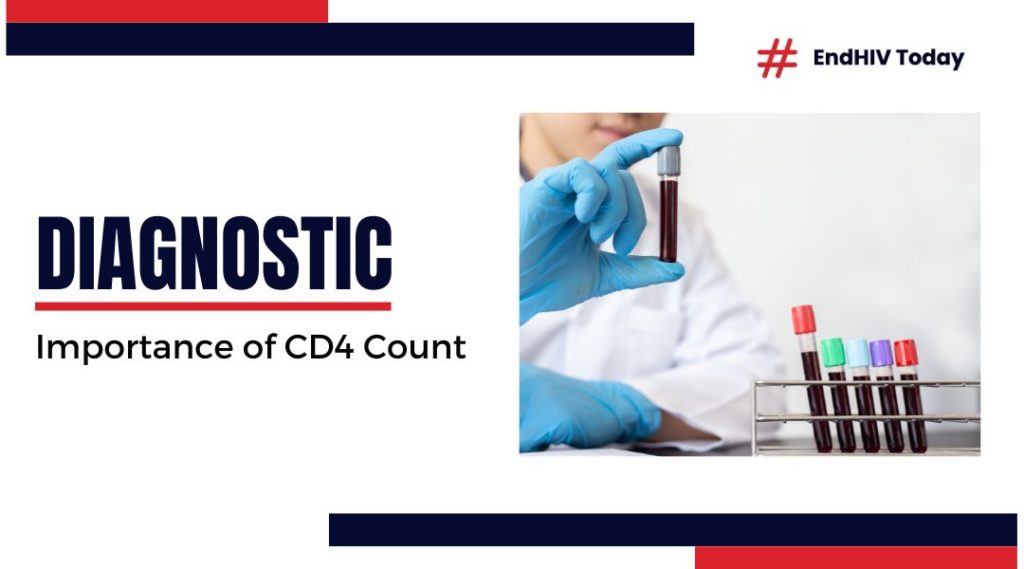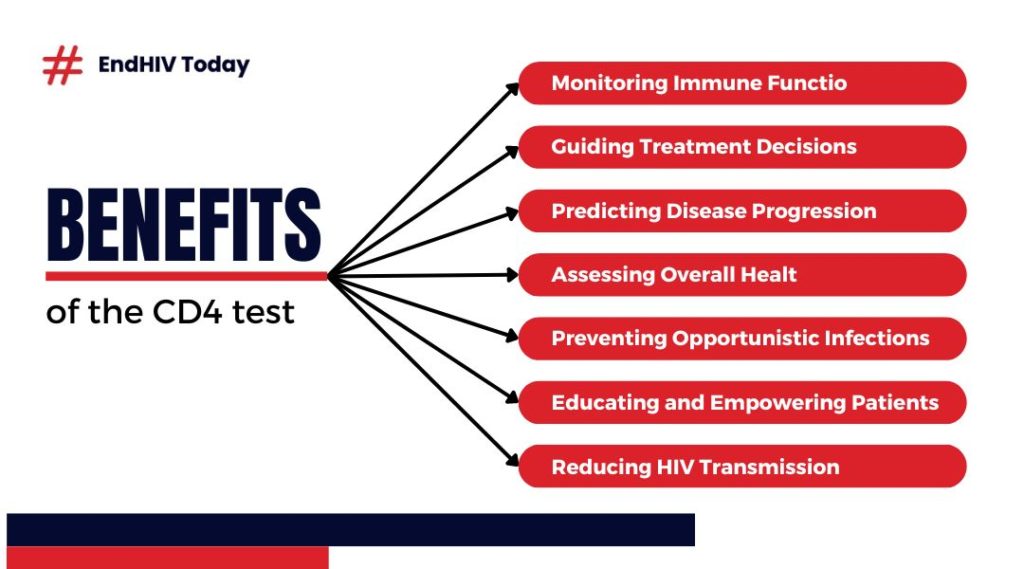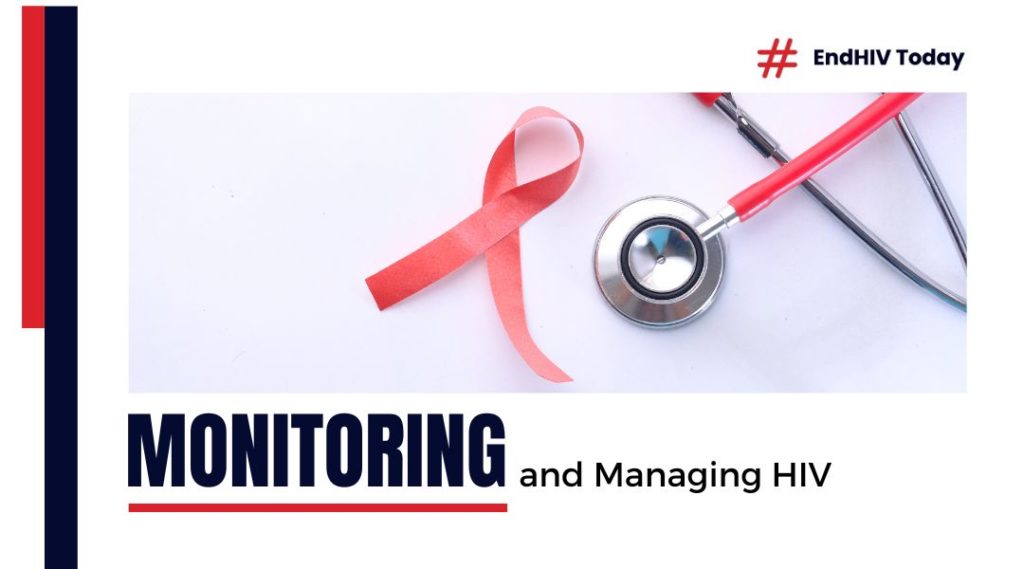Understanding the Role of CD4 in HIV
The human immune system is an intricate network of cells and proteins working together to protect the body from harmful invaders. CD4, or Cluster of Differentiation 4, is a vital component of this defense mechanism. In this comprehensive guide, we delve into the intricacies of CD4, its role in the immune system, and why understanding it is crucial for maintaining overall health.
What is CD4?
CD4 is a glycoprotein found on the surface of certain immune cells, primarily T-helper cells. These cells are instrumental in coordinating the immune response by recognizing pathogens and activating other immune cells. CD4 acts as a receptor, allowing T-helper cells to communicate and collaborate effectively in orchestrating a targeted defense against infections.
The Role of CD4 in the Immune System

The immune system relies on a delicate balance of various cells and molecules to function effectively. CD4 plays a central role in this balance by facilitating communication between immune cells. When the body encounters a pathogen, CD4 cells help coordinate the response by activating other immune cells, such as B cells and cytotoxic T cells, to eliminate the threat.
CD4 in Disease : HIV Connection
While CD4 is crucial for a robust immune response, it also becomes a target for certain viruses, most notably the Human Immunodeficiency Virus (HIV). HIV infects and destroys CD4 cells, leading to a compromised immune system. Monitoring CD4 counts is a key aspect of managing HIV, as a decline in CD4 levels indicates progression and increased susceptibility to opportunistic infections.
Diagnostic Importance of CD4 Count

Healthcare professionals use CD4 counts to assess immune function and determine the stage of HIV infection. CD4 counts are an essential metric in guiding treatment decisions, helping healthcare providers tailor interventions such as antiretroviral therapy (ART) to slow down the progression of the disease.
Beyond HIV : CD4 in Other Conditions
While CD4’s significance is prominently highlighted in HIV, its role extends beyond this viral infection. Researchers are exploring CD4’s involvement in autoimmune diseases, cancers, and other immune-related conditions. Unraveling these connections could open new avenues for targeted therapies and interventions.
Benefits of the CD4 test

The CD4 test, also known as the CD4 count or T-helper cell count, is a crucial component in managing and understanding Human Immunodeficiency Virus (HIV) and Acquired Immunodeficiency Syndrome (AIDS). Here are some of the key benefits of the CD4 test
Monitoring Immune Functio
The primary role of CD4 cells is to coordinate the immune system’s response to infections. By measuring the CD4 count, healthcare providers can assess the health of a person’s immune system. A higher CD4 count generally indicates a stronger immune response.
Guiding Treatment Decisions
Antiretroviral therapy (ART) is a cornerstone in the management of HIV. The CD4 count is a crucial factor in deciding when to initiate ART. Monitoring CD4 levels over time helps healthcare providers assess the effectiveness of treatment and make adjustments if necessary.
Predicting Disease Progression
A declining CD4 count is often associated with an increased risk of opportunistic infections and disease progression. Regular CD4 testing allows for the early detection of changes in immune function, helping to anticipate and manage potential complications.
Assessing Overall Healt
Beyond its role in HIV, the CD4 count can be an indicator of overall health. Certain medical conditions and treatments can affect CD4 levels, and monitoring these levels can provide insights into a person’s overall well-being.
Preventing Opportunistic Infections
Knowing a person’s CD4 count helps healthcare providers identify individuals at higher risk of Opportunistic infections. This information can guide preventive measures and interventions to reduce the likelihood of these infections.
Educating and Empowering Patients
Understanding the significance of CD4 counts empowers individuals living with HIV. It encourages active involvement in their healthcare by promoting adherence to treatment plans, regular check-ups, and a healthier lifestyle.
Reducing HIV Transmission
Effective management of HIV, guided by CD4 testing, not only benefits the individual but also contributes to reducing the risk of HIV transmission. By maintaining a suppressed viral load through appropriate treatment, the likelihood of transmitting the virus to others is significantly reduced.
Monitoring and Managing HIV

In the context of HIV, monitoring CD4 counts is an integral part of disease management. Lower CD4 counts correlate with increased susceptibility to infections, and healthcare providers use this information to initiate or adjust antiretroviral therapy. The goal is to maintain CD4 counts at a level that supports the immune system’s ability to fend off infections.
Understanding the role of CD4 in HIV is pivotal for both healthcare professionals and individuals living with HIV. As research continues to unveil the complexities of this interaction, advancements in diagnostics and treatment options offer hope for more effective and personalized approaches to managing the disease. By focusing on preserving CD4 cells and tailoring interventions based on individual needs, we move closer to a future where HIV can be effectively controlled, allowing those affected to lead healthier and fuller lives.

